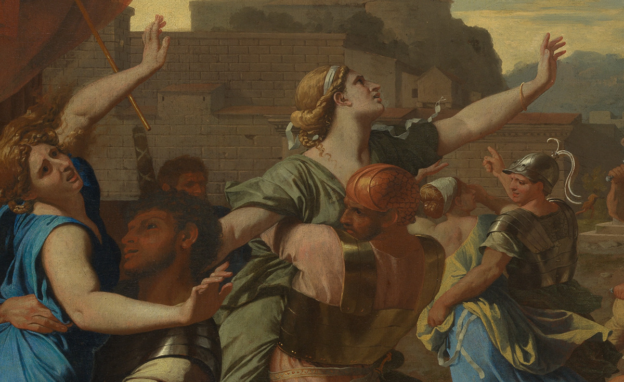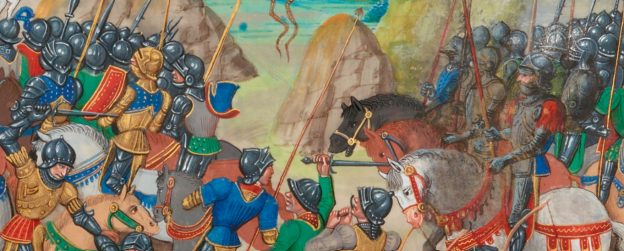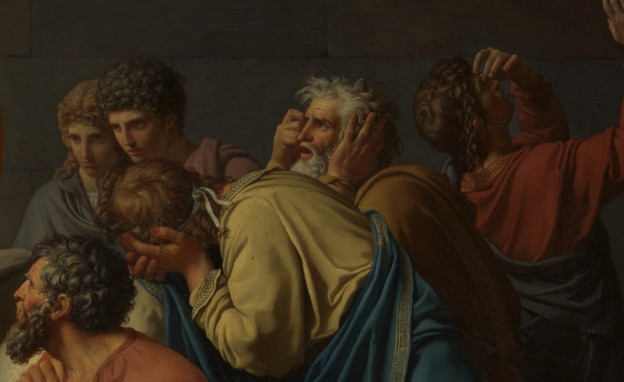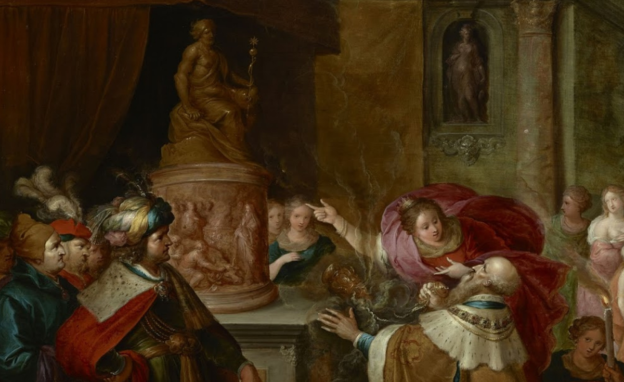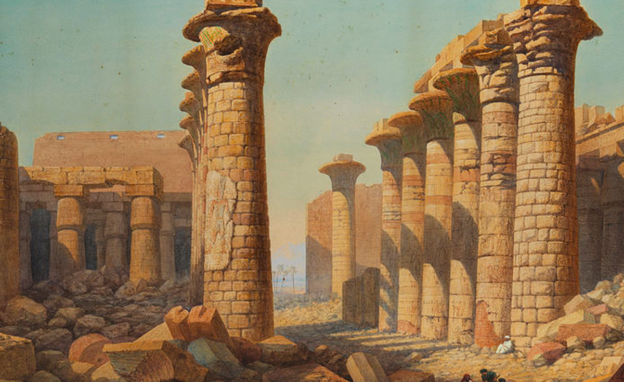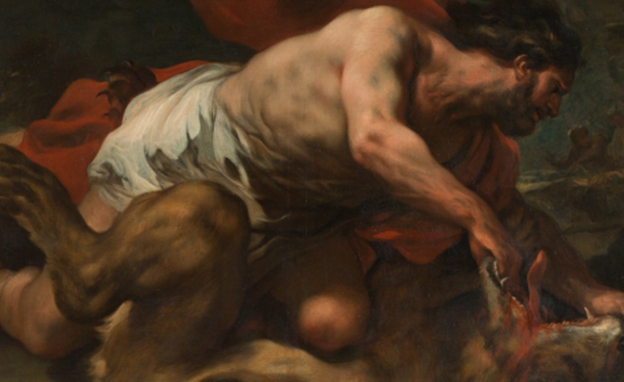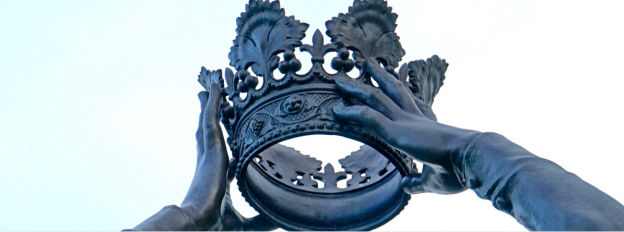Have you ever been involved in a situation where “nobody came out smelling like roses”? Perhaps one side was more right than another when everyone walked in, but nobody walked out looking better for the situation as it was.
The final chapter of Judges shows a situation where nobody in Israel comes out smelling like roses. After nearly destroying one tribe of Israel because of the appalling sinfulness of one town, the Israelites wept at the bind they found themselves in and resorted to shocking workarounds to provide wives for the remaining men of Benjamin. Nobody was righteous, everyone needed a saviour. Just like us, today.
Judges 21 continues the story of Judges 19 and 20. In chapter 19, a Levite’s concubine was cruelly abused and died at the hands of the Gibeahites, recorded in a way which mirrors the account of Lot in Sodom.
In chapter 20, the callous and cruel Levite gathered the outraged tribes of Israel, who then sought to destroy Gibeah as they would a pagan town. Since Benjamin chose to support their tribesmen, the rest of Israel eventually wiped out all but 600 of their men. Everyone else was killed.
Whether or not they originally intended it, heads eventually cooled and Israel wept, asking God “why has this happened in Israel, that today there should be one tribe lacking in Israel?” (vv.2-3).
The situation was made worse by a foolish vow which Israel had made, that “No one of us shall give his daughter in marriage to Benjamin” (v.1). The problem? Of the 600 Benjaminite men left, there were no Benjaminite women left for them to marry. Within a generation, Benjamin would cease to exist.
Israel now had compassion for Benjamin, “their brother,” and wondered what they could do to fix the situation (vv.4-7). The solution takes up the remainder of the situation.
The first solution was to look for parts of Israel which had not answered the call to arms and thus had not sworn the vow. One town, Jabesh-gilead, had presumably decided the affairs of Gibeah did not affect them and had not answered (vv.8-9). Therefore, 12,000 men were sent to wipe them out, on the basis of “for us or against us” (v.10).
The exception was that women who were virgins were spared from this destruction, finding 400 (vv.11-12). Everyone else was slain. This must have been an awful situation for all, but especially the virgins who were forcibly married off after watching their family slaughtered.
Unfortunately, 400 wives was not enough (vv.13-14). But still Israel was compassionate towards Benjamin, because “the Lord had made a breach in the tribes of Israel” (v.15). They looked again for a solution which did not involve breaking the solemn vow they had made (vv.16-18).
The solution devised was to condone the kidnapping of young unmarried women from a festival held to worship God at Shiloh (vv.19-20). After all, you can’t give permission for them to marry, but what can you do if you do not have a say in the matter? Wink wink, nudge nudge (v.22).
They encouraged the unmarried men of Benjamin to lie in wait in the vineyards where the innocent unmarried women danced and seize one that appealed (v.21). The lonely men of Benjamin took up the offer, seized 200 poor young women as brides and ran home to their tribal lands (v.23).
Honour thus satisfied for the men of Israel with their foolish vow, everyone returned home (v.24). Job done.
Never mind the trauma for the 600 women offered up as tribute for the foolish vows of the men of Israel. Because “in those days there was no king in Israel. Everyone did what was right in his own eyes” (v.25).
Except what was right in Israel’s eyes was not justice. It was not righteous. While they were right to purge the evil of Gibeah, their actions against all of Benjamin and Jabesh-gilead were questionable at best. And their solutions, while canny, showed how far they had fallen from the covenant standard. They needed God’s grace.
Perhaps we do not act as these men did, but our conduct in many ways looks like that of the world around us. And church discipline can go far beyond the measure required too at times, to our shame.
Like Israel in Judges 21, none of us are truly righteous. Innocent people are caught up in our lies, our anger, or in our over-zealous quest for purity and truth without mercy. We do the wrong thing for the right reason, but it is still wrong.
There is none righteous, as Scripture teaches, certainly among God’s People. We need God’s grace, and Christ’s reign as our king over our lives to do better. To act with mercy and justice. To do what is right in God’s eyes, not our own eyes.
We need a Saviour. Thank God that he has provided one for us; Jesus, whose ways are true and judgement is just. Who is merciful beyond what we deserve.

